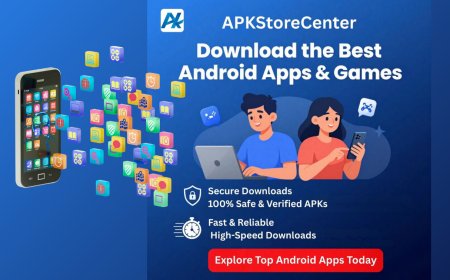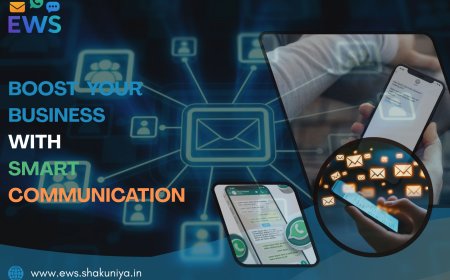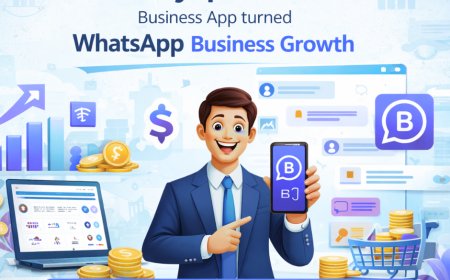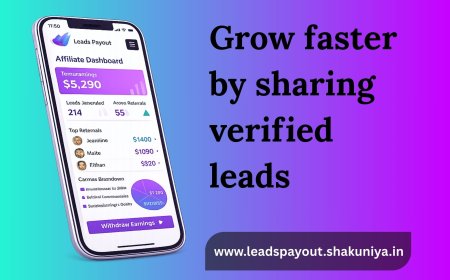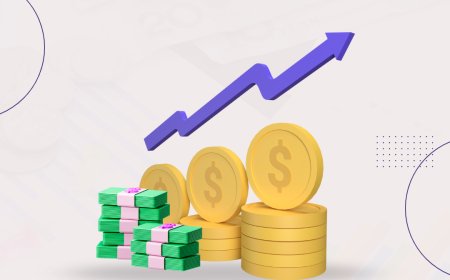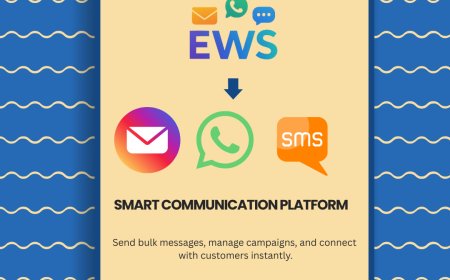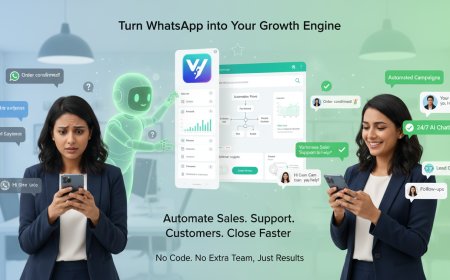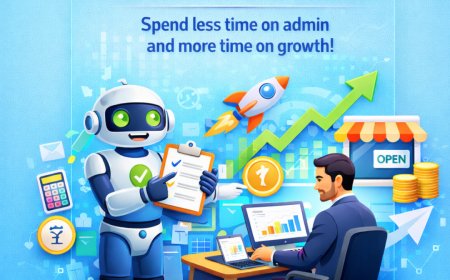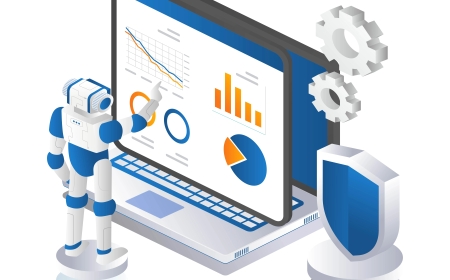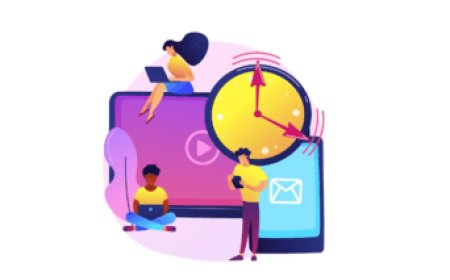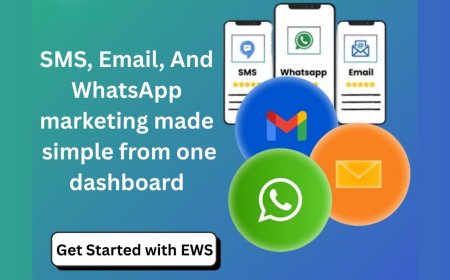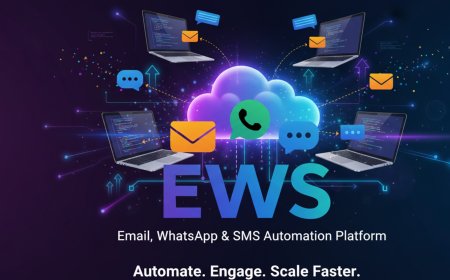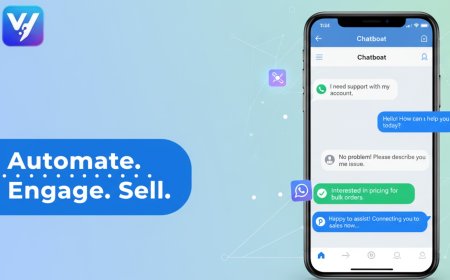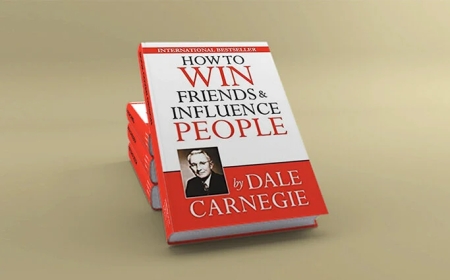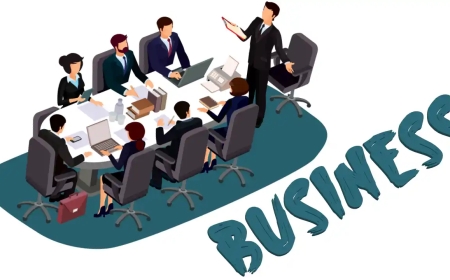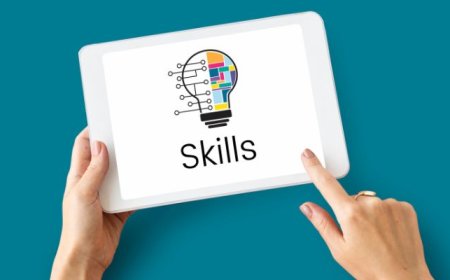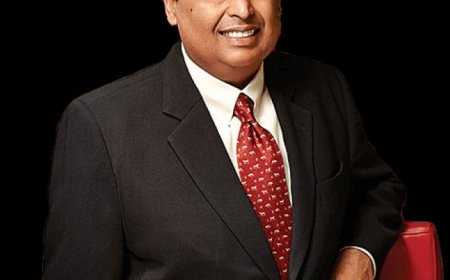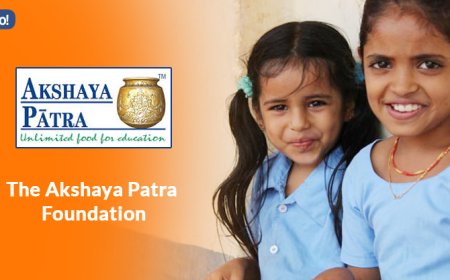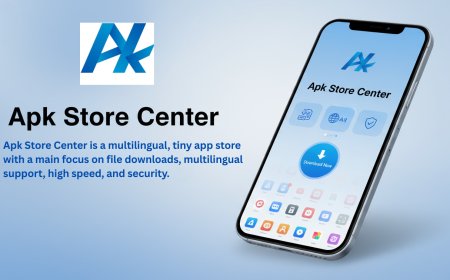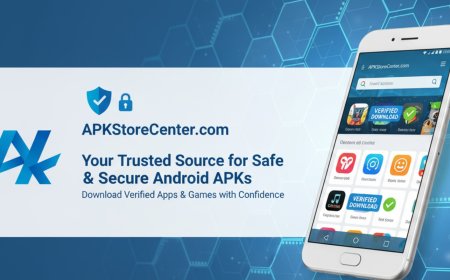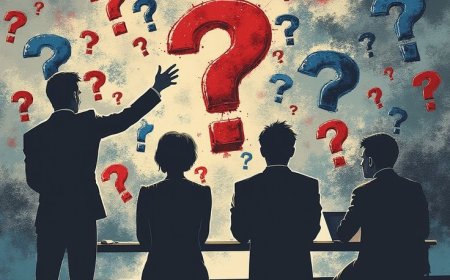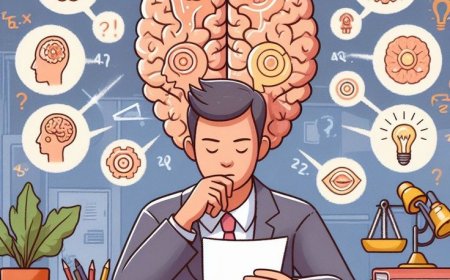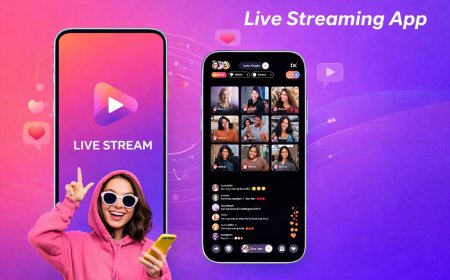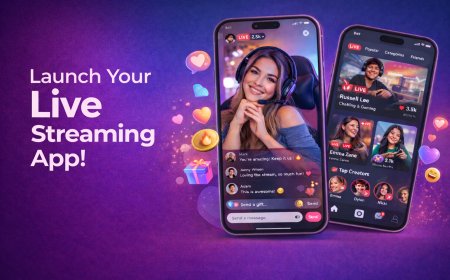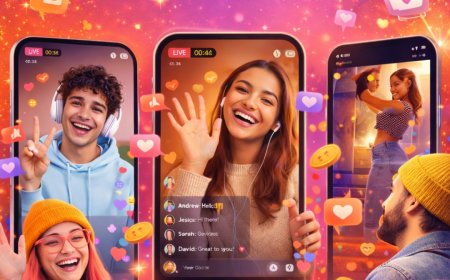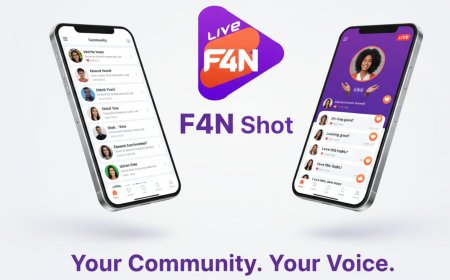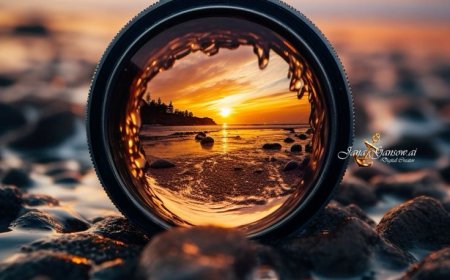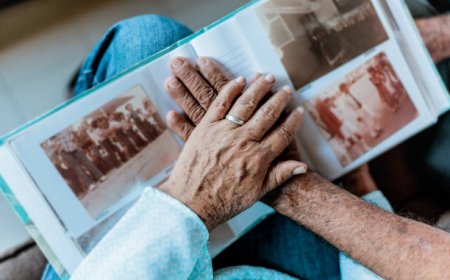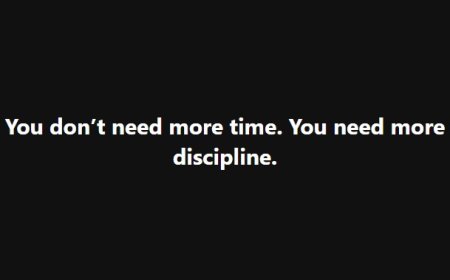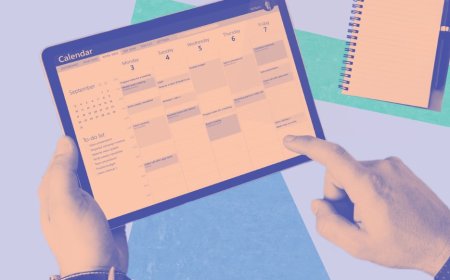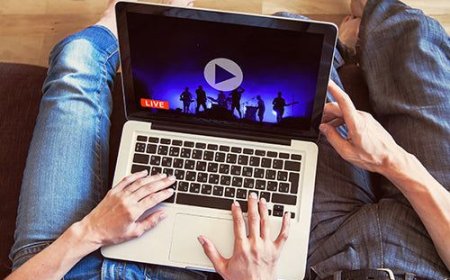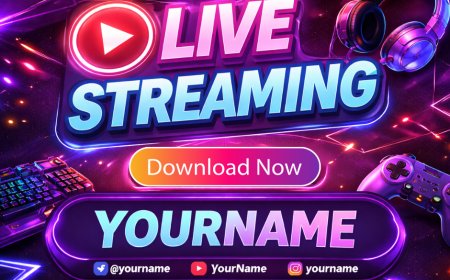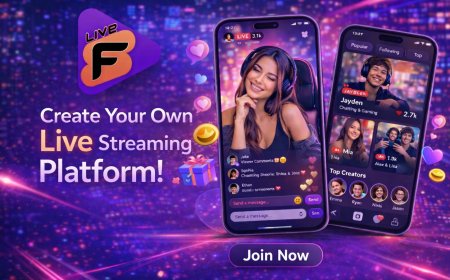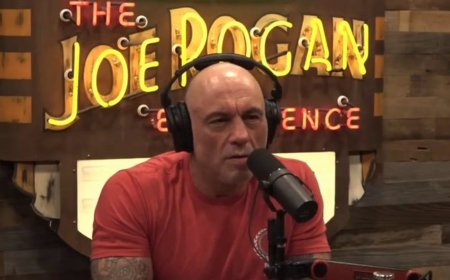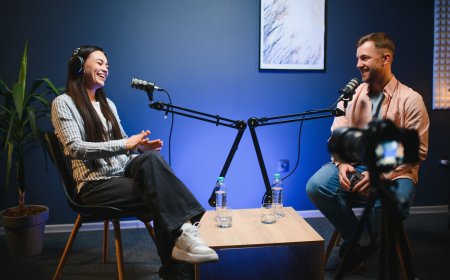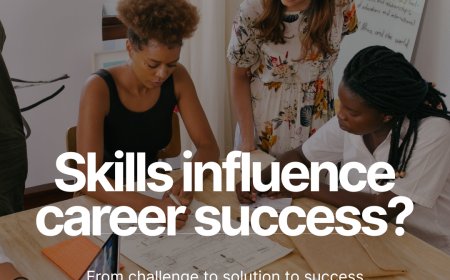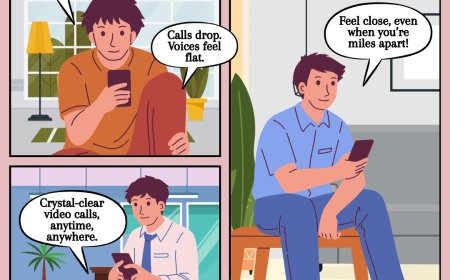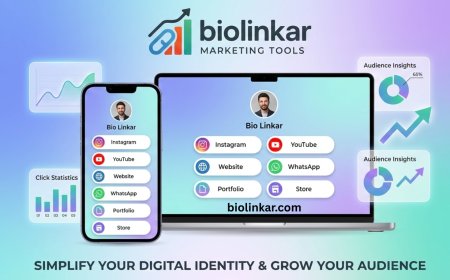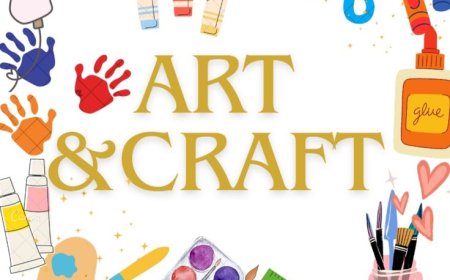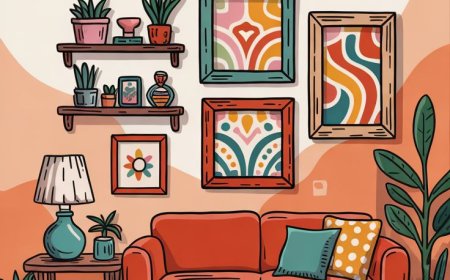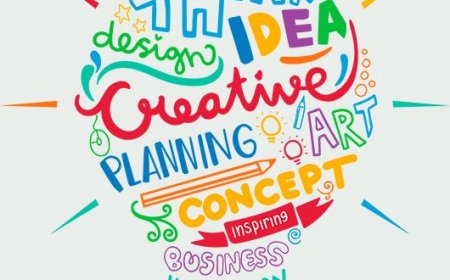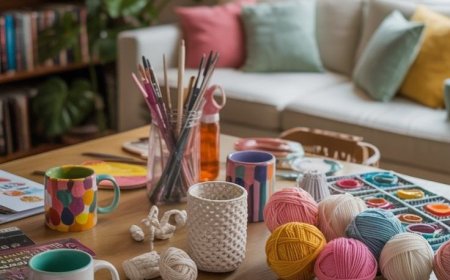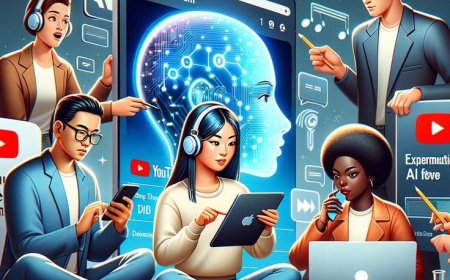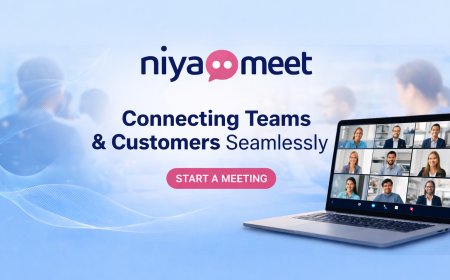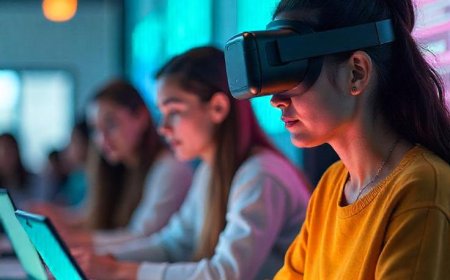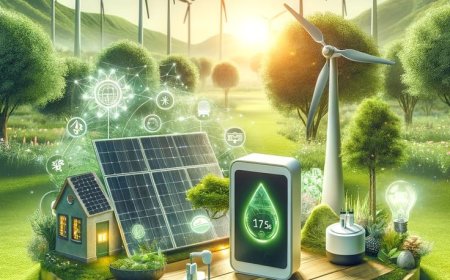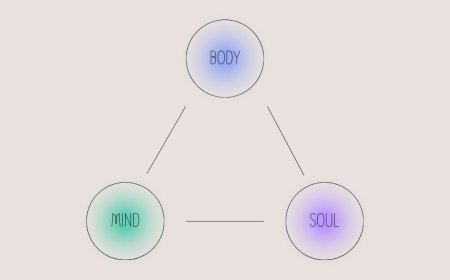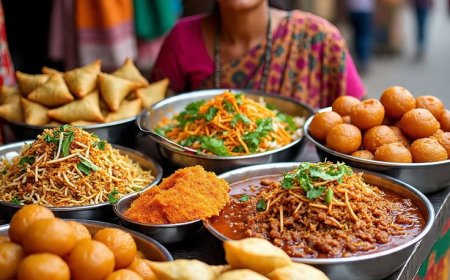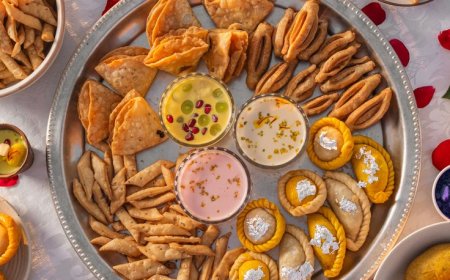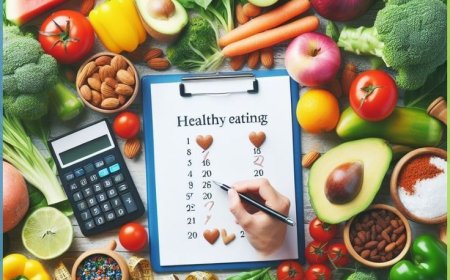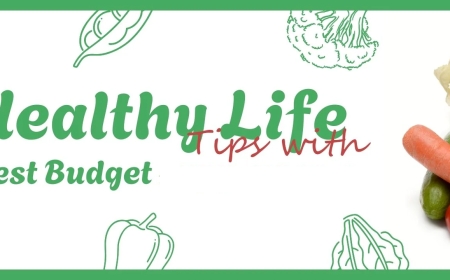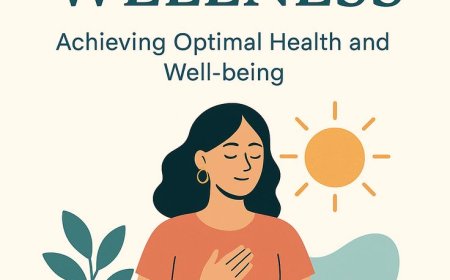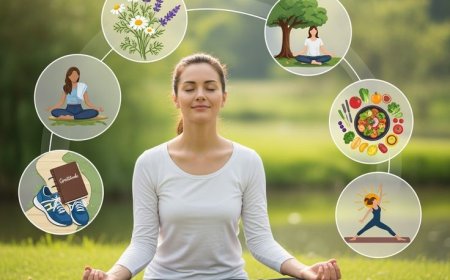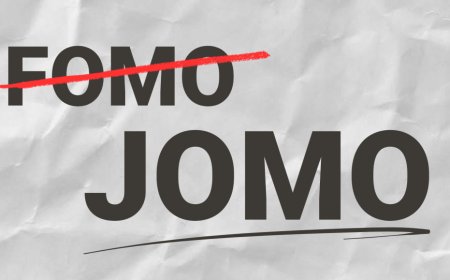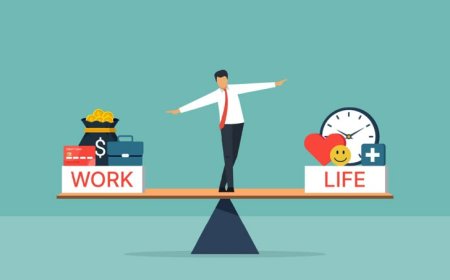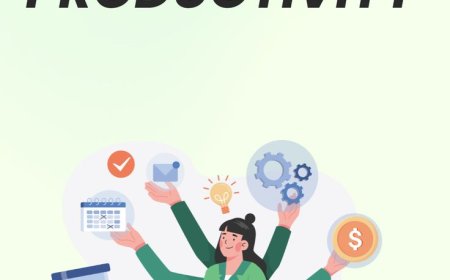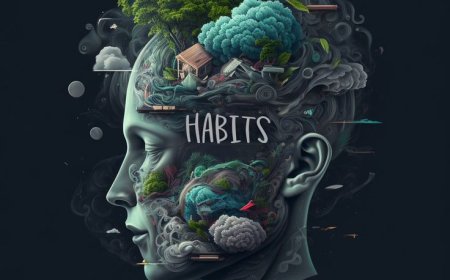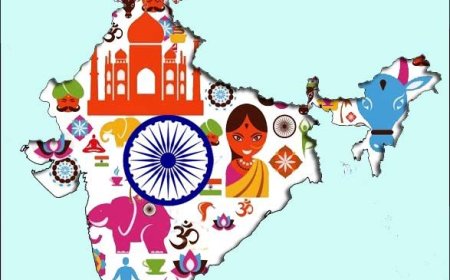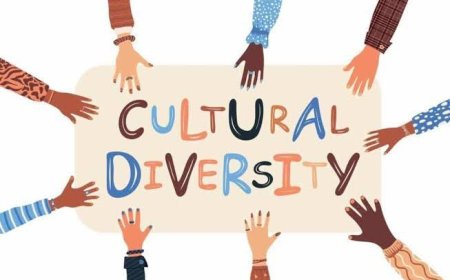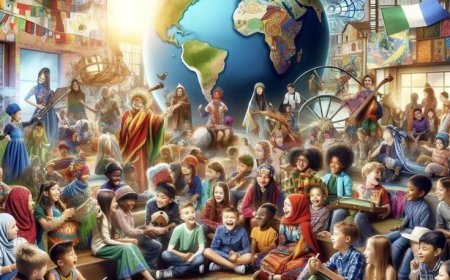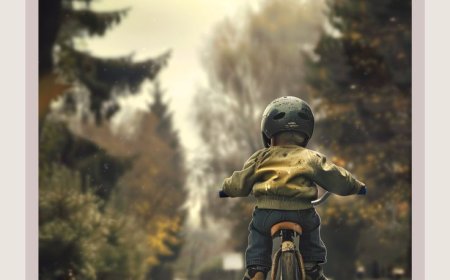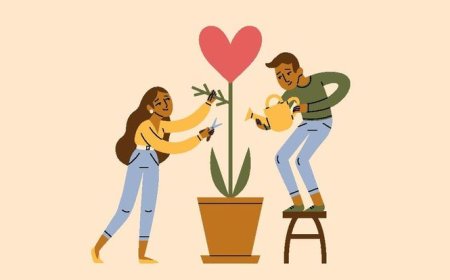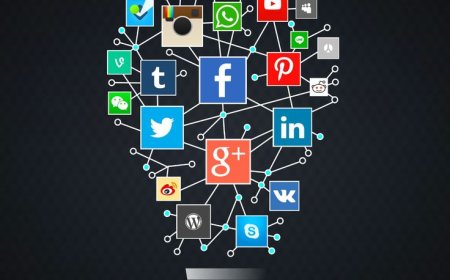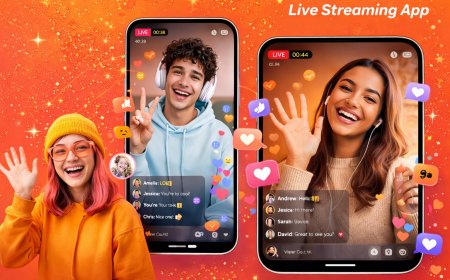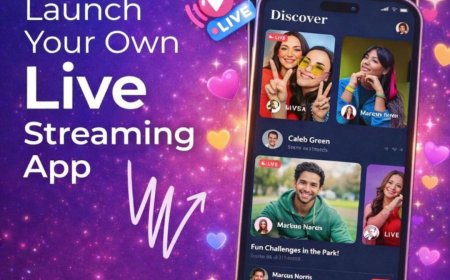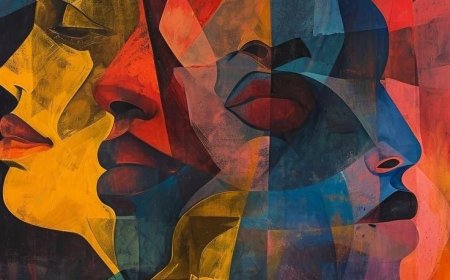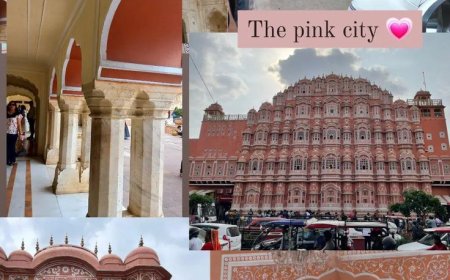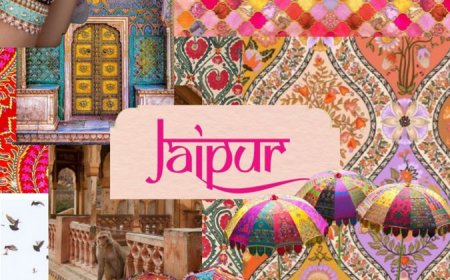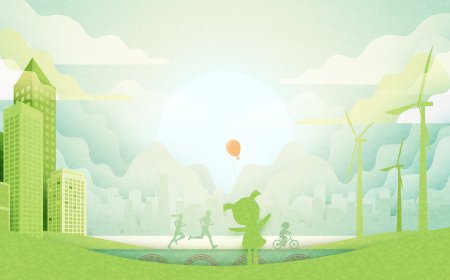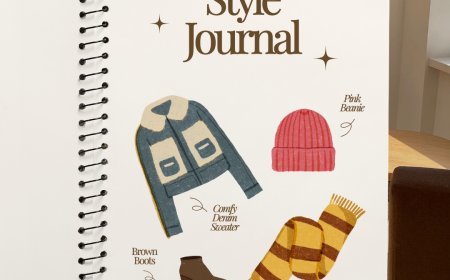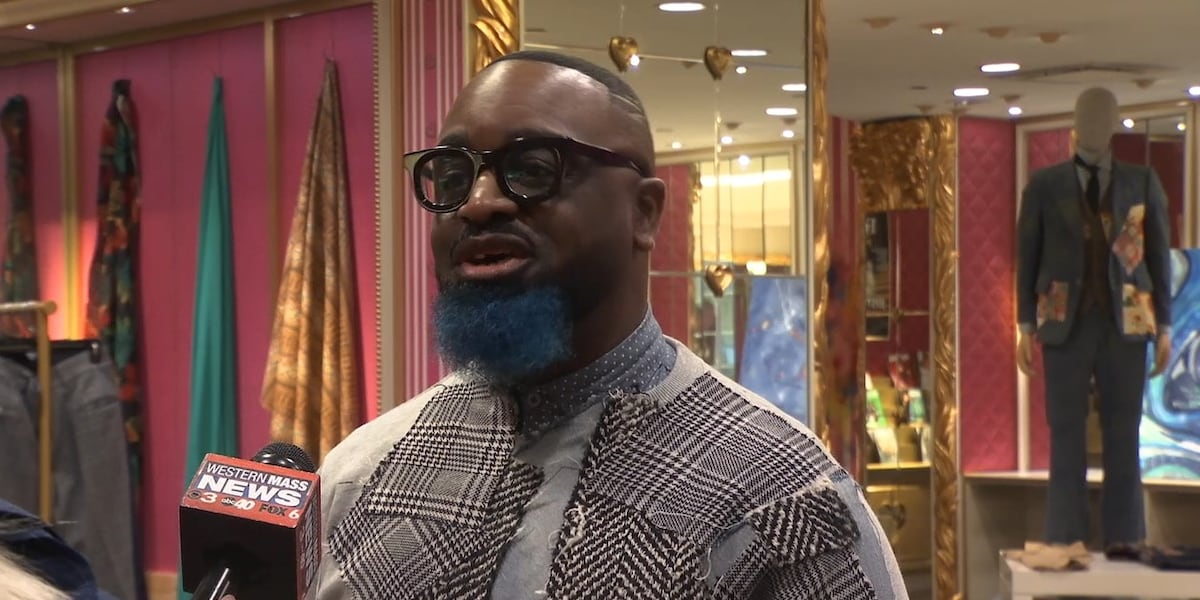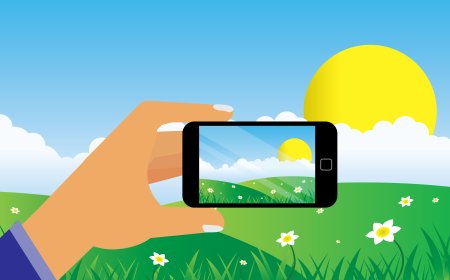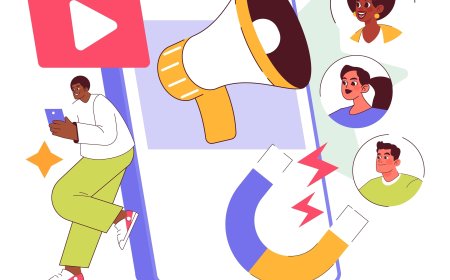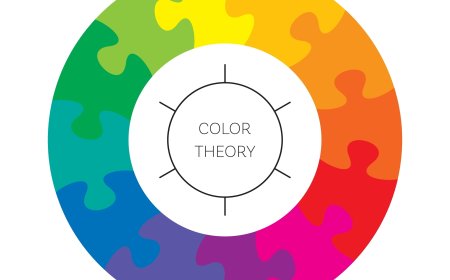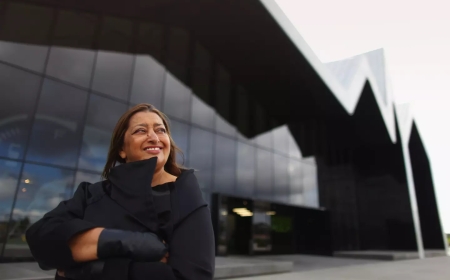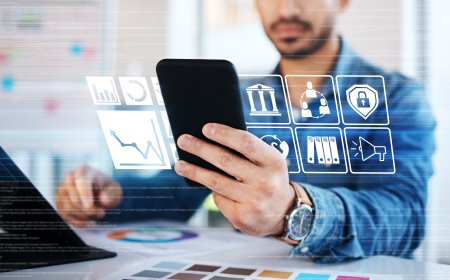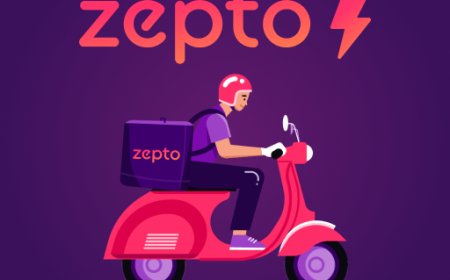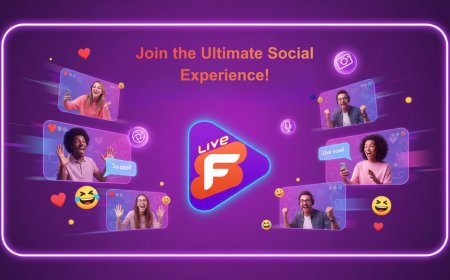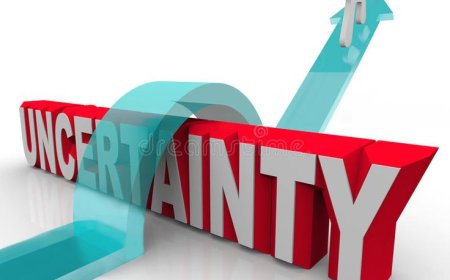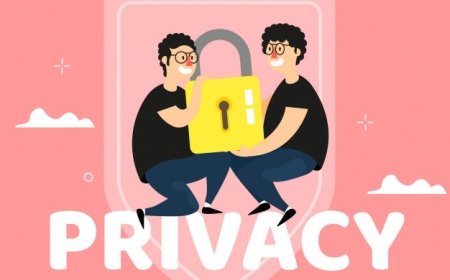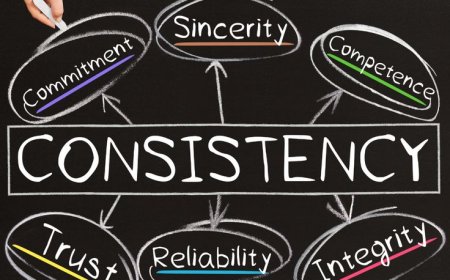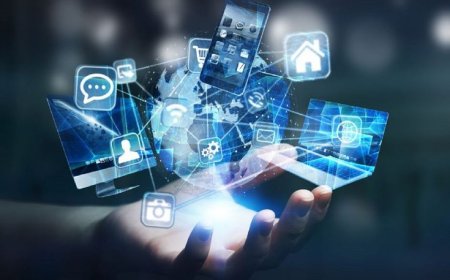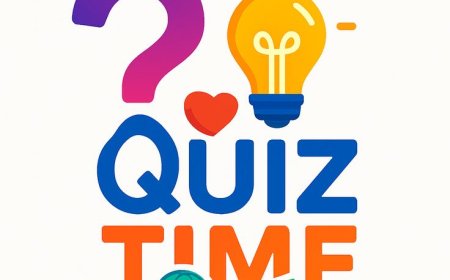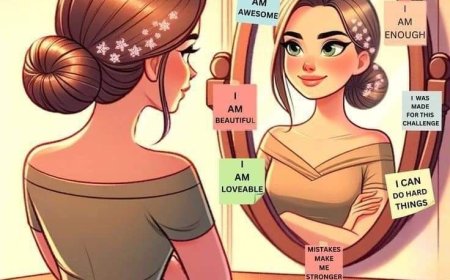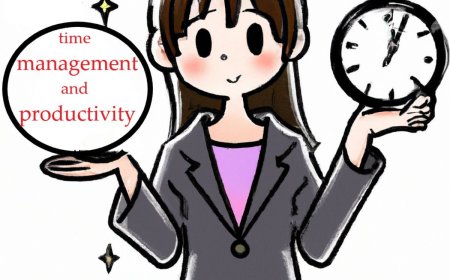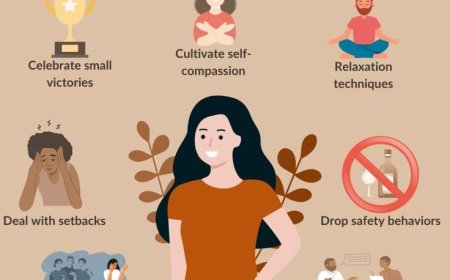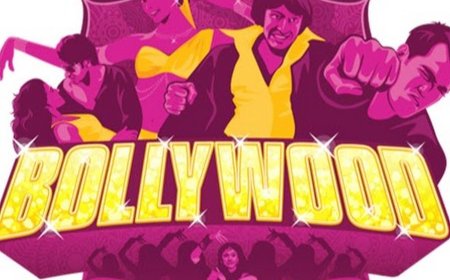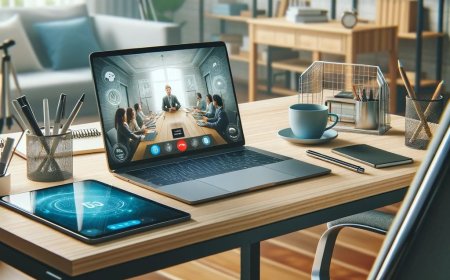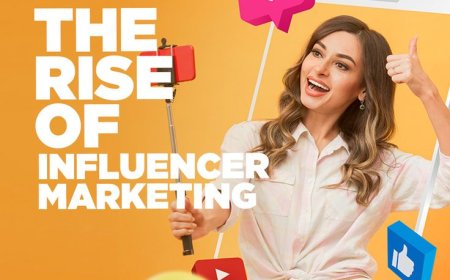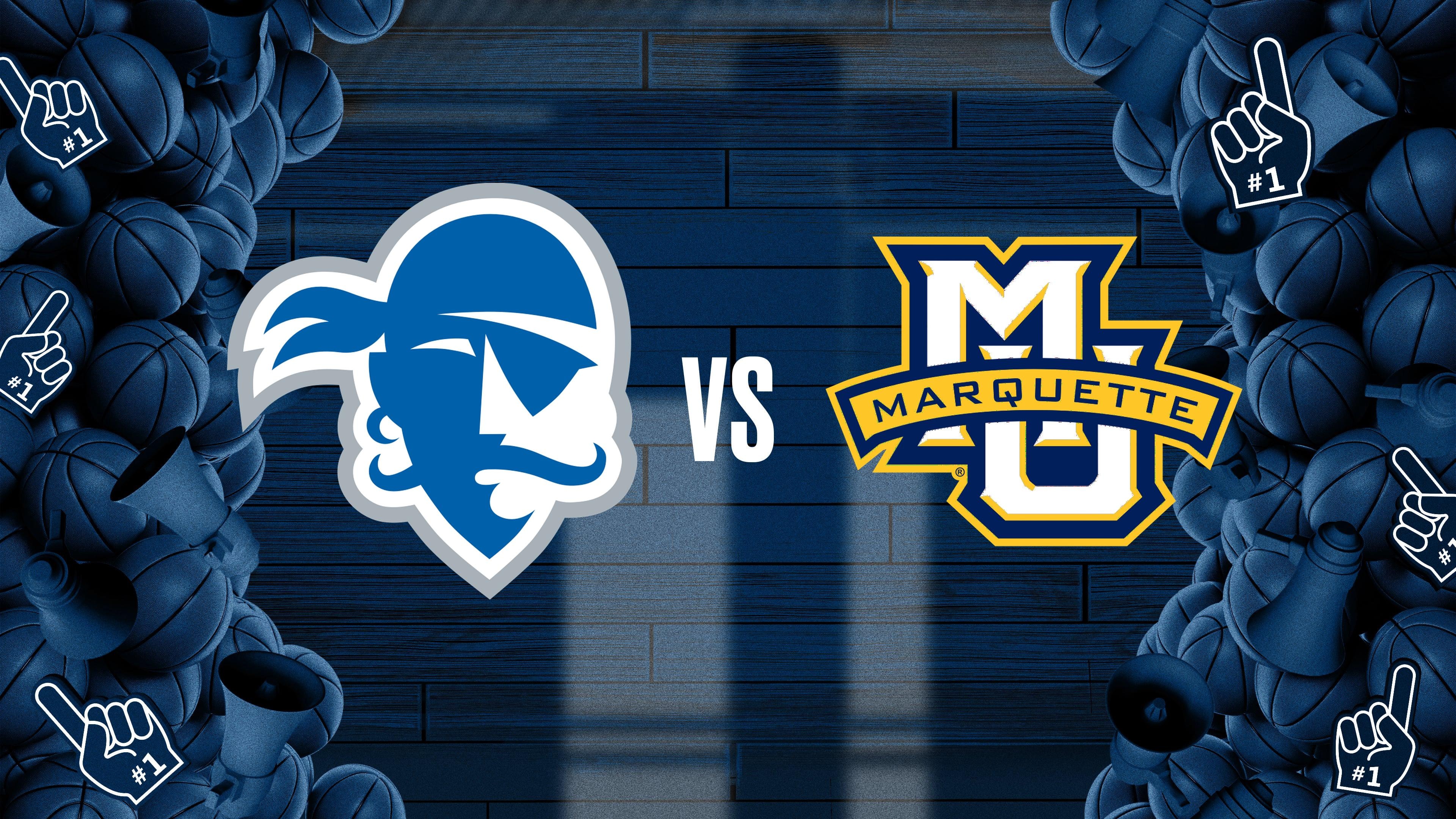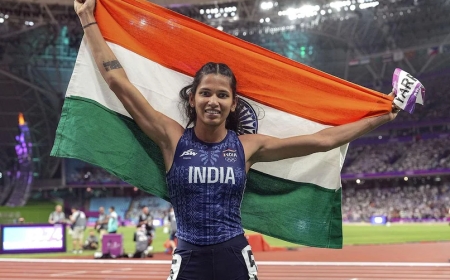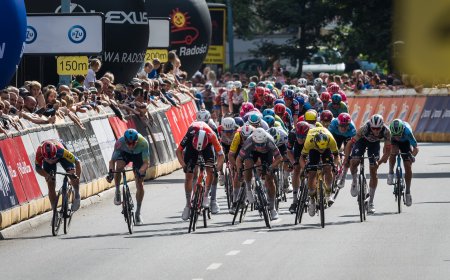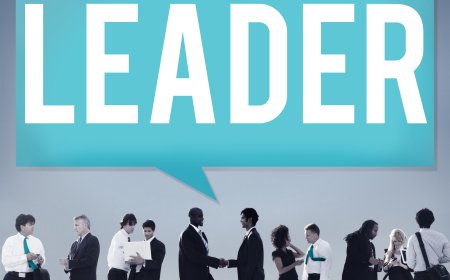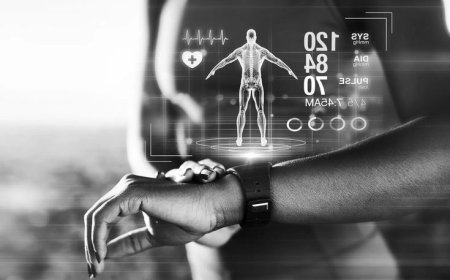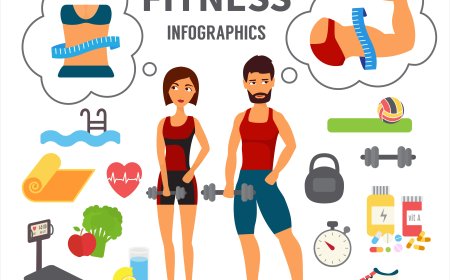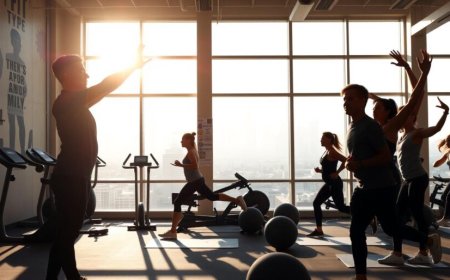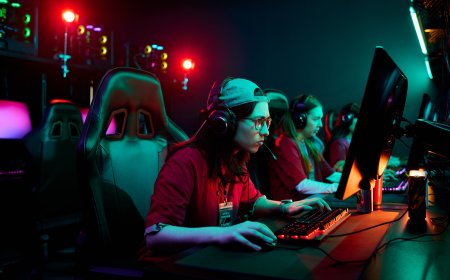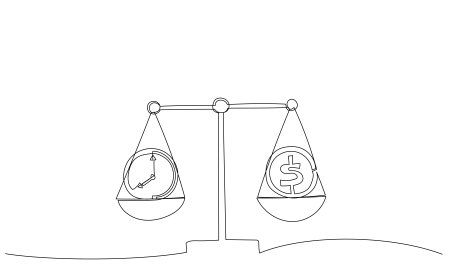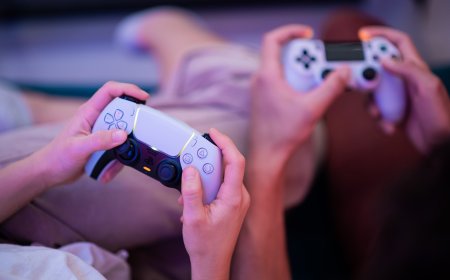Boon or Bane? How Social Media Platforms are Influencing Mental Health in their Youngest Users
This article examines how social media affects the mental health of young users, covering potential benefits, risks, emotional well-being, screen time pressure, and online behavior.

If you happen to be a parent, a teacher, or just a general internet user, you must have noticed that the way social media has completely restructured the children's growing process. The very first smartphone opens the door for teenagers and pre-teens to the giant, ever-present world of connections.
However, is this constant attachment a blessing (a boon) or a curse (a bane)? When we speak of mental health issues, the answer is not straightforward. It is partly both! The manner in which younger users interact with the most popular social networking platforms like TikTok, Instagram, and YouTube is often the deciding factor concerning the positivity or negativity of their experience.
This write-up dissects the issue into two and two offerings, thus making it easy for everyone to see on the one hand how the very young ones are being affected by these platforms and what we all have to do about the situation.

The Boom: Where Social Media Platforms Are a Boon
It is very simple to pay attention only to the negatives, but actual and vital advantages of social media platforms exist, particularly for those young people, who, in their real lives, might be feeling lonely.
1. Building Community and Finding Support
Internet is a Savior for a lot of young users and especially those who are part of the minority groups (like LGBTQ+ community or the ones having rare medical conditions) that internet is the channel to the outside world.
A teenager with a rare medical condition in a small town might believe he is the only one in that situation but on one of the biggest social media platforms like Reddit or even in a particular Facebook group, he can find the others who are undergoing the same situation and there will be thousands of them. The feeling of connection and the recognition of one’s condition can be very effective in relieving the feelings of isolation and tension. (Source: The U.S. Surgeon General's Advisory makes an affirmative statement about this benefit for marginalized youth).
2. Identity and Self-Expression
The young generation will always find the way to express themselves through the wide variety of options available on social networking sites.
Teens post their artwork, music, and interests, and even give their opinions on platforms like YouTube and Instagram. This very real and true way of self-expression can, in fact, become a factor making one’s self-esteem go up because the person gets positive feedback and clearer self-understanding.
3. Access to Crucial Information
Instantly, kids can get access to educational content, trustworthy health information, and even counselors' resources for professional help.
During major stressful events such as the global COVID-19 pandemic, youngsters mostly relied on these networks to stay in touch with their friends and relieve their anxieties through humor and talking up.
The Bane: The Hidden Risks of Popular Social Media Platforms
Although connection is a great advantage, the design and features of many popular social media platforms can greatly affect mental well-being if used often and passively.
1. The Comparison Trap and Body Image
This is probably the most frequently mentioned downside. Instagram and Snapchat, for example, are primarily visual platforms with a lot of images and short videos. These videos and images often spotlight unrealistic bodies, filtered perfection, and really nice-looking but also very artificial lives.
People are exposed to this social comparison continuously. Young people, who are the main users, while passively scrolling through these “perfect” feeds, often find themselves feeling miserable, insecure, and anxious. A research carried out on 14-year-old girls detected that greater social media use was a predictor of poor sleep, poor body image, and higher depressive symptom scores.
2. Sleep Disruption and Addiction
The never-ending flow of content and notifications keeps the brain on alert which in turn leads to not enough sleep.
The blue light emitted from devices is a disruption to the body’s natural sleep hormone (melatonin). Moreover, FOMO causes youngsters to keep scrolling even late at night. A study involving adolescents aged 12–15 years found that those using social media for more than three hours a day were twice as likely to report mental health problems such as anxiety and depression as their peers who were not heavy users.
3. Cyberbullying and Cyber-Hate
Despite the fact that face-to-face bullying has always been there, social media has given the power of bullying to be constant, anonymous, and come across continents. The issue of online harassment or cyberbullying, which often involves the use of inaudible nasty remarks or trolling, is a drastic factor that can lead to anxiety, depression, and poor self-image. The most important thing is that researchers point out that nearly 50% of youngsters have gone through cyber-harassment in one form or another. (Source: Mayo Clinic data on teen social media use).
4. The "Predatory" Algorithm
Numerous social media platforms employ algorithms that are structured to make users addicted to scrolling. Content that sparks strong feelings—emotions that are also negative such as outrage or fear—are often of the first priority because they make viewership last longer, which is financially advantageous for their ad revenue. The audience’s continuous exposure to such content, whether intense or negative, may lead to the exacerbation of anxiety and depression.

The Way Forward: Experience Management
A simple total uninstalling of the apps is not a proper solution, since it will also stop the flow of communication that gives benefits. The management and education will have to be the central themes instead.
1. 'Tech-Free Zones' To Be Embraced
The parents have to impose ungainly, unambiguous rules. The bedroom should be designated no mobile phone area, particularly after a certain time, to ensure good sleep. Meals and family time should also be free from screens.
2. Active Engagement to Be Promoted
Convincing the minor users to do more active use (creating, messaging, or posting) than passive scrolling (just viewing). Researches indicate that engaging with social media actively is linked with lesser feelings of isolation, whereas the opposite use does not provide the same effect.
3. Use Management Tools and Skills
Social media management platforms indeed provide tools, and almost all mobile devices come with native apps, that let users limit their time on certain apps. Instruct your kid to utilize these tools for them. It not only gives them the power to master their own habits but also emphasizes the setting of good boundaries.
4. Talk About the Filters
Encourage genuine and non-judgmental discussions regarding the truth of online existence. Inform them that the "Uploaded" pictures they are seeing are usually either touched up, Truth be told, or unaided advertisements. Thus, media literacy is gradually gained by young internet users as a tool to fight against the comparison traps.
Wrapping Up: A Call for Balance
Social media platforms' power over young users is tremendous and at the same time a double-edged sword. The strong mt will provide help and give freedom of expression, while the weak one will cause fear and insecurity if the user is not aware of the issue or is in a passive state.
The future road is a journey that involves parents, schools, and even young users, all deploying awareness and intentionality in their dealings with technology. The objective is not to disconnect from the machine but to control it, thereby guaranteeing that the good outweighs the bad.
What's Your Reaction?
 Like
0
Like
0
 Dislike
0
Dislike
0
 Love
0
Love
0
 Funny
0
Funny
0
 Angry
0
Angry
0
 Sad
0
Sad
0
 Wow
0
Wow
0
